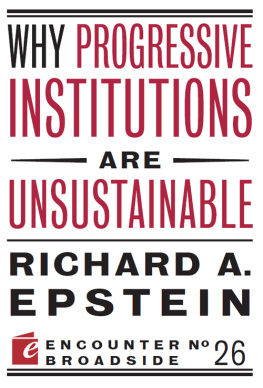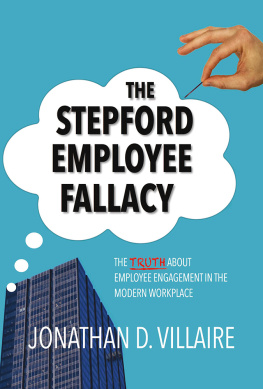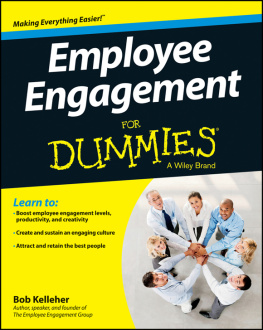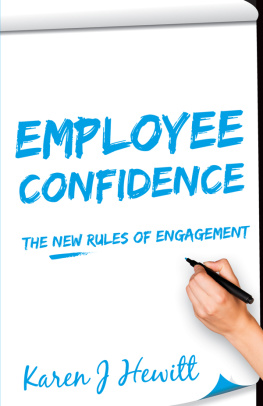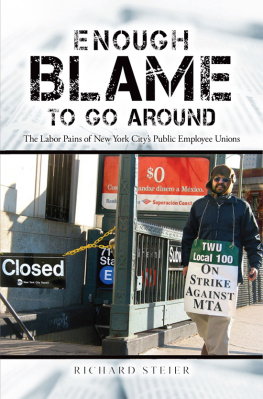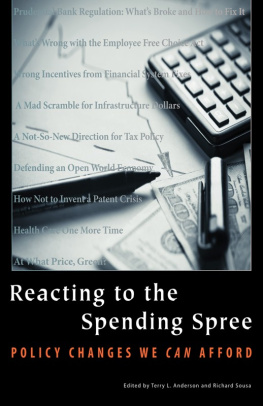The Hoover Institution on War, Revolution and Peace, founded at Stanford University in 1919 by Herbert Hoover, who went on to become the thirty-first president of the United States, is an interdisciplinary research center for advanced study on domestic and international affairs. The views expressed in its publications are entirely those of the authors and do not necessarily reflect the views of the staff, officers, or Board of Overseers of the Hoover Institution.
www.hoover.org
Hoover Institution Press Publication No. 573
Hoover Institution at Leland Stanford Junior University,
Stanford, California, 943056010
Copyright 2009 by the Board of Trustees of the
Leland Stanford Junior University
All rights reserved. No part of this publication may be reproduced, stored in a retrieval system, or transmitted in any form or by any means, electronic, mechanical, photocopying, recording, or otherwise, without written permission of the publisher and copyright holders.
First printing 2009
16 15 14 13 12 11 10 09 9 8 7 6 5 4 3 2 1
Manufactured in the United States of America
The paper used in this publication meets the minimum Requirements of the American National Standard for Information SciencesPermanence of Paper for Printed Library Materials, ANSI/NISO Z39.481992.

Cataloging-in-Publication Data is available from Library of Congress.
ISBN 978-0-8179-4941-9 (hardcover)
ISBN 978-0-8179-4942-6 (paperback)
ISBN 978-0-8179-4943-3 (electronic)
PREFACE
During the summer of 2008, I was approached by my friend, James Franczek, senior partner at the Chicago labor law firm of Franczek, Radelet & Rose, about the proposed Employee Free Choice Act. EFCA had passed the House of Representatives in 2008, only to die in the Senate after a procedural vote to consider the bill failed to garner the necessary sixty votes. Franczek, and others with whom I met that summer, expected EFCA to be reintroduced in 2009, especially if the Democratic majority increased in the Senate and (as has turned out to be the case) Barack Obama was elected president of the United States.
President Obama, an outspoken supporter of organized labor, has taken office with solid labor-backed Democratic majorities in both the House of Representatives and the Senate. As a result, the pressure has escalated on Congress to revisit EFCA, which is surely the most controversial piece of labor legislation in the last sixty years, and perhaps since the passage of the Wagner Act in 1935. The source of the controversy lies in its three major components: an increase in the penalties for unfair labor practices (ULPs) by employers during union organization campaigns; the use of a card-check system to authorize a union for a particular bargaining unit; and a system of mandatory interest arbitration which allows a panel of federal arbitrators to set the terms of a first two-year contract if an overtly truncated time line of 130 days is not met. At the option of a union, EFCA would, in effect, bypass the protections of the secret ballot by allowing a card check to certify a union. It would thereafter deny any employer or employee the option to refuse to deal on the terms demanded by a union.
Having worked, written, and taught in the area of labor law since I was a third-year student at the Yale Law School in 1968, it took me little time to realize that this proposed legislation would have the worst possible consequences for the workplaceand through it for the overall economy. The brevity of the statute conceals many serious difficulties about its integration with existing labor laws, even as it gives evidence to the massive shift of power from private ordering to state control. Although I do not regard current labor law as ideal relative to more market-oriented approaches, it has been relatively stable on matters of collective bargaining over the past sixty years, during which it has provided a framework to which both management and labor have been able to adapt.
Shortly after I spoke with Franczek, I agreed to write a detailed study of EFCA. The task, however, was too large to do by relying solely on my own resources. I have had for several years a working affiliation with LECG consulting group, and I was able to enlist the support of one of its managing directors, Anne Layne-Farrar, with whom I have worked on many occasions. She in turn recruited one of LECG's crack research analysts, Sokol Vako, to assist me both in the collection of data and in a detailed review of the manuscript at every stage. Toward the end of the process, he was assisted by two other able research analysts, Dhiren Patki and Alina Marinova.
I have also received helpful comments from many individuals with long experience in labor law. In addition to Franczek, both David Radelet and Jennifer Niemiec of Franczek, Radelet & Rose provided me with useful background information on EFCA and card-check recognition and interest arbitration under Illinois law. Philip Miscimarra, a senior fellow at the University of Pennsylvania's Wharton School and a partner at Morgan, Lewis and Bockius, provided detailed comments on an earlier draft of this paper. Additional comments have been provided by Andrew Kramer and G. Roger King of Jones Day.
I am also grateful to my longtime friend, John Raisian, the director of the Hoover Institution, for quickly arranging the publication of this volume, and to Stephen Langlois, associate director of the Hoover Institution, for speeding this volume toward publication.
Finally, I have received financial support for this work from the Alliance to Save Main Street Jobs, which is comprised of the HR Policy Association (the leader of the Alliance), the Retail Industry Leaders Association, the Real Estate Roundtable, the American Hotel and Lodging Association, the U.S. Chamber of Commerce, the International Council of Shopping Centers, and the Associated Builders and Contractors. I am grateful for their support, and for their willingness to allow me complete freedom to write the book as I chose. I know that all members of these organizations understand that the passage of EFCA is fraught with perils not only to them as employers, but to everyone in this country, be they employer or employee. The stakes on this issue are too great to remain silent. I am honored to have this opportunity to write The Case against the Employee Free Choice Act.

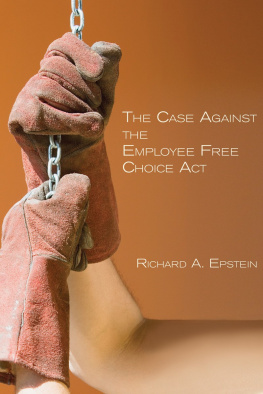
![Richard A. Epstein - Cases and Materials on Torts (Aspen Casebook) [Connected Casebook]](/uploads/posts/book/244338/thumbs/richard-a-epstein-cases-and-materials-on-torts.jpg)
